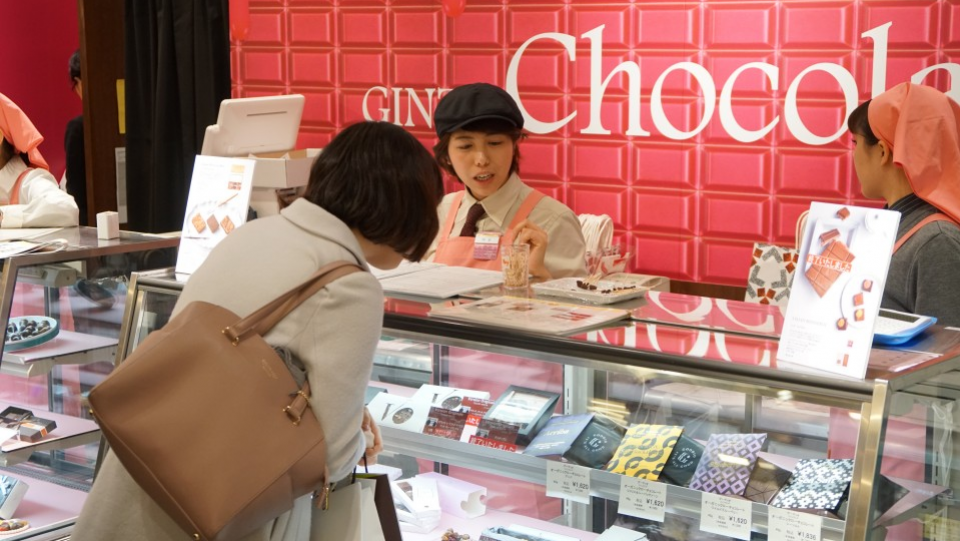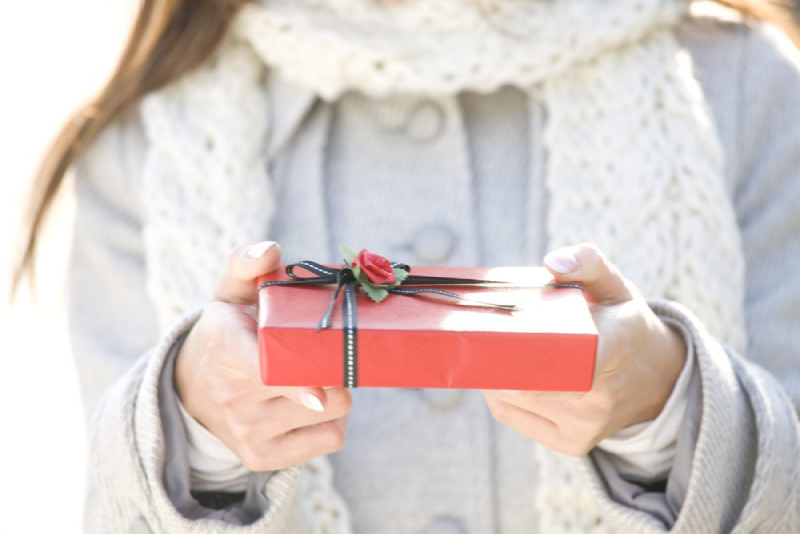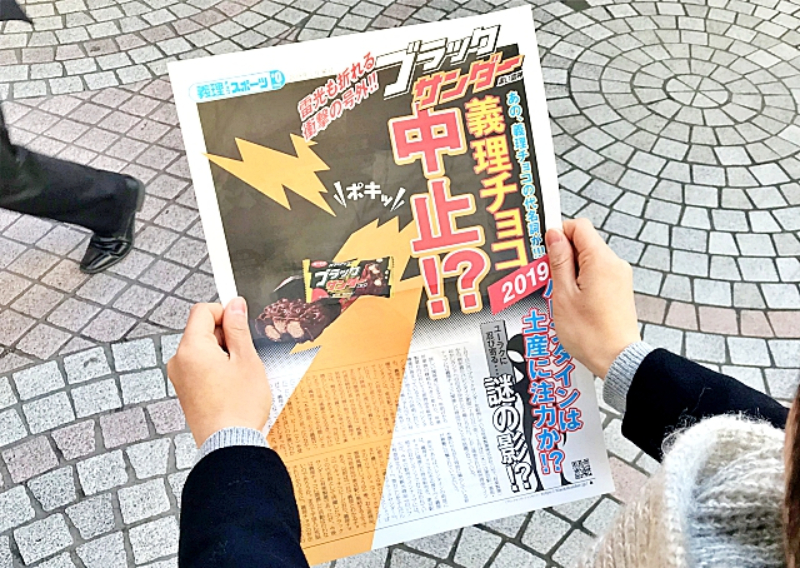每年2月14日是情人節,很多人都會在這天給心儀的對象贈送禮物,表達愛意。各大商店出售的應節禮品種類繁多,但總少不了包裝精美的朱古力。
在日本,女性會在情人節向男士贈送朱古力,她們不僅向贈給男伴、也送予男同事。每逢情人節,日本的糕餅店、超級市場和百貨公司等都加設售買朱古力的櫃檯。有些店鋪在這段時間的營業額,達到全年總額的七成。
日本記念日協會(Japan Anniversary Association)估計,今年情人節的消費,將達到11億美元。
據悉,日本女性向男性贈送朱古力的風俗,約於1950年代興起,到1970年代已十分盛行,當時不但職場的女士向男同事贈送朱古力,學校的女生也會向男同學贈送朱古力。
東京經濟大學(Tokyo Keizai University)社會科學教授山田晴通說:「過去,女性向男性表達愛意被視為不當的,於是有朱古力廠商落力宣揚女性在西方情人節以朱古力向男性示愛的做法。」
女性向丈夫、戀人或意中人所贈送的朱古力,稱為「本命朱古力」(honmei choko),通常是由女方親手製作,以表達心意。向職場的男同事或有工作關係的男士所贈送的,稱為「義理朱古力」(giri choko),是答謝對方的關照和幫忙。
對朱古力甚有研究的記者市川步美說:「按日本傳統,人們會對『關照』自己的人贈送禮物,因此人們不時都會對朋友和相識的人送禮,當中不涉及任男女間的感情。」
日本大學(Nihon University)社會學者小笠原祐子認為,「義理朱古力」是讓日本在職女性向男性顯示權力。這天,女性會對欣賞的男同事贈送朱古力,但那些被視為不太出色的男士就落得兩手空空。因此每年情人節來到,日本的男性上班一族就會非常緊張,看會否收到朱古力。
天普大學日本分校(Temple University Japan Campus)的人類學者堀口 佐知子(Sachiko Horiguchi)認為,「一年之中,就只有這幾天,讓女性一反傳統的性別角色,向男性展示權力。」不過她認為,隨著女性的社會地位改變,她懷疑職業女性是否再有需要透過送禮向男性展示權力。
男性除了擔心在情人節是否收到朱古力外,更頭疼還是要回禮(gyaku choko)。依照習俗,在情人節收到禮物,要在一個月後的3月14日(即白色情人節)回禮,一般收到義理朱古力的,是要雙倍奉還的。
由於「義理朱古力」往往出於責任,送禮和受禮都不得已,但又要花費一筆金錢,近年日本女性不再向職場的同事贈送朱古力,反而會對朋友或家人贈送「友情朱古力」(tomo choko)。有些企業更明令禁止同事贈送朱古力。
去年,著名比利時朱古力品牌「Godiva」更在報章上刊登了全版廣告,呼籲人們停止購買「義理朱古力」。該廣告說:「情人節是向親友表達你的真感情,不是刻意和同事打好關係。」
今年情人節,希望大家都以真心向親愛的人表達一點心意。






